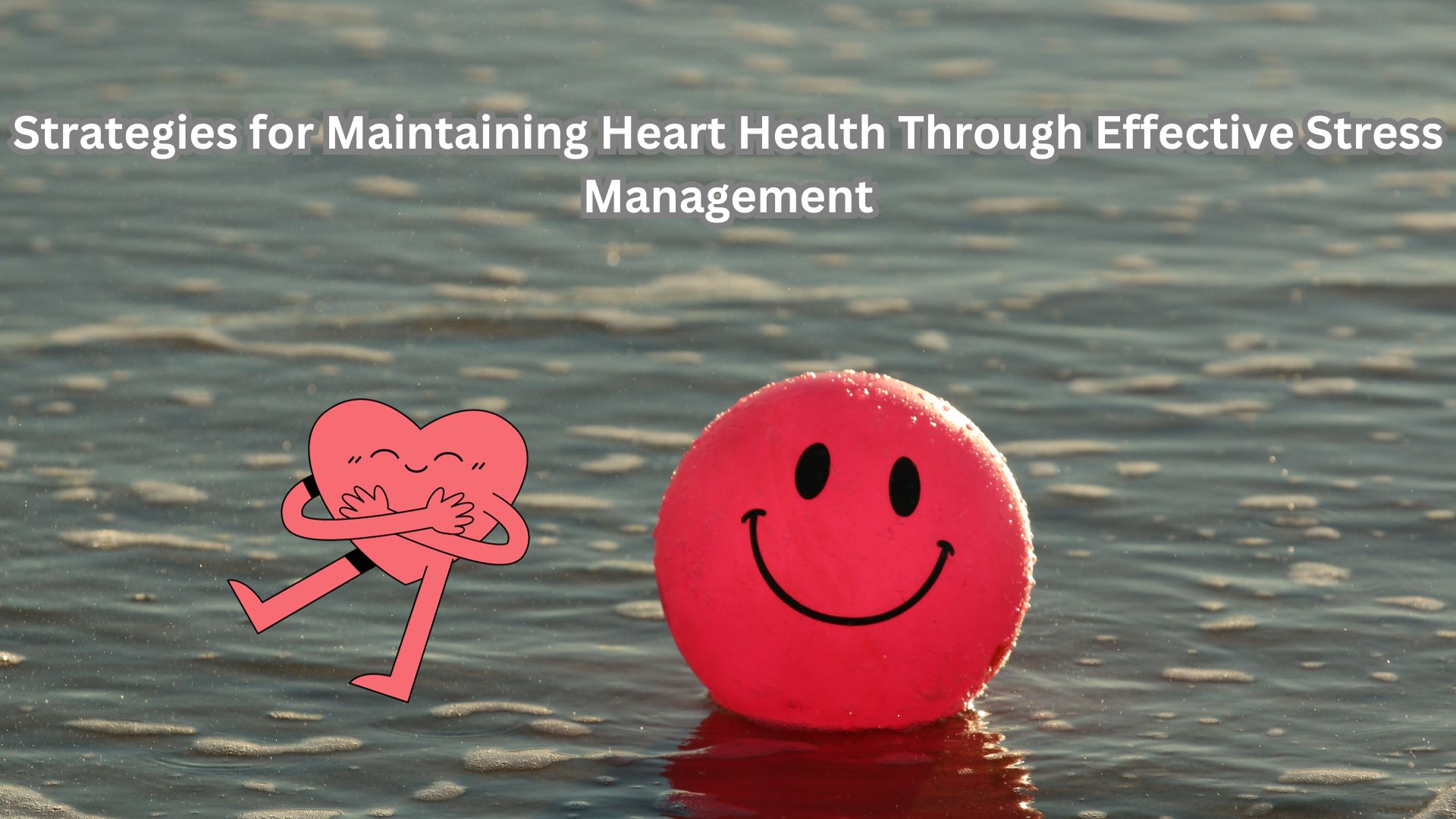
In the modern world, stress has become an inherent part of daily life, necessitating effective stress management to ensure the well-being of our hearts. Prolonged stress can significantly impact heart health, with elevated blood pressure imposing an increased workload on the heart, potentially leading to arterial damage. Additionally, inflammation induced by stress may contribute to atherosclerosis, a condition that can culminate in heart attacks. The consequences of excessive stress extend to unhealthy habits, directly harming the heart, or affecting the heart’s rhythm, potentially resulting in arrhythmia.
In a recent interview with HT Lifestyle, Srikanth HS, Assistant Chief Medical Officer at Jindal Naturecure Institute, advocates for embracing a less stressful lifestyle through the following strategies:
- Physical Activity: Engage in regular exercise to release mood-enhancing endorphins and lower blood pressure.
- Healthy Diet: Adopt a balanced diet rich in fruits, vegetables, and proteins, while minimizing consumption of excessive caffeine and processed foods.
- Adequate Sleep: Prioritize quality sleep to reduce stress and support heart health.
- Relaxation Techniques: Incorporate deep breathing, meditation, or yoga into your routine to calm the mind.
- Social Connections: Cultivate and maintain strong relationships for emotional support.
- Time Management: Organize tasks, set priorities, and avoid overextending yourself.
- Seek Professional Help: Consult a mental health professional if chronic stress persists.
Dr. Abhinit Gupta, Senior Consultant Cardiologist at Regency Hospital, further expands on stress management tips:
- Recognize Stressors: Identify sources of stress by keeping a stress journal to pinpoint specific triggers.
- Regular Exercise: Engage in physical activity to reduce stress and promote heart health, as exercise releases endorphins.
- Balanced Diet: Consume a well-balanced diet rich in fruits, vegetables, whole grains, lean proteins, and healthy fats, as certain nutrients can alleviate stress and inflammation.
- Adequate Sleep: Prioritize quality sleep, as lack of it can contribute to stress and elevate the risk of heart problems.
- Stress Management Techniques: Encourage relaxation techniques such as deep breathing, meditation, yoga, and progressive muscle relaxation to mitigate the physiological response to stress.
- Social Support: Maintain a robust support system by connecting with friends and loved ones during stressful times.
- Time Management: Effectively manage time by prioritizing tasks and setting realistic goals to prevent feeling overwhelmed.
- Limiting Caffeine and Alcohol: Moderation in the consumption of caffeine and alcohol is crucial, as excess can exacerbate stress and negatively impact heart health.
- Professional Help: Seek assistance from a therapist, counselor, or psychologist if stress becomes overwhelming or chronic.
- Regular Check-Ups: Undertake routine medical check-ups to monitor heart health and detect conditions like hypertension early on.
Morning Meditation: Enhancing Well-being with Reduced Stress, Anxiety, and Increased Energy
In conclusion, effective stress management is the cornerstone of heart health. By adopting a healthy lifestyle and integrating stress management practices, individuals can reduce the risk of developing heart disease and enhance overall well-being. Therefore, the mantra is to stress less, live longer, and receive gratitude from your heart.

One thought on “Strategies for Maintaining Heart Health Through Effective Stress Management”